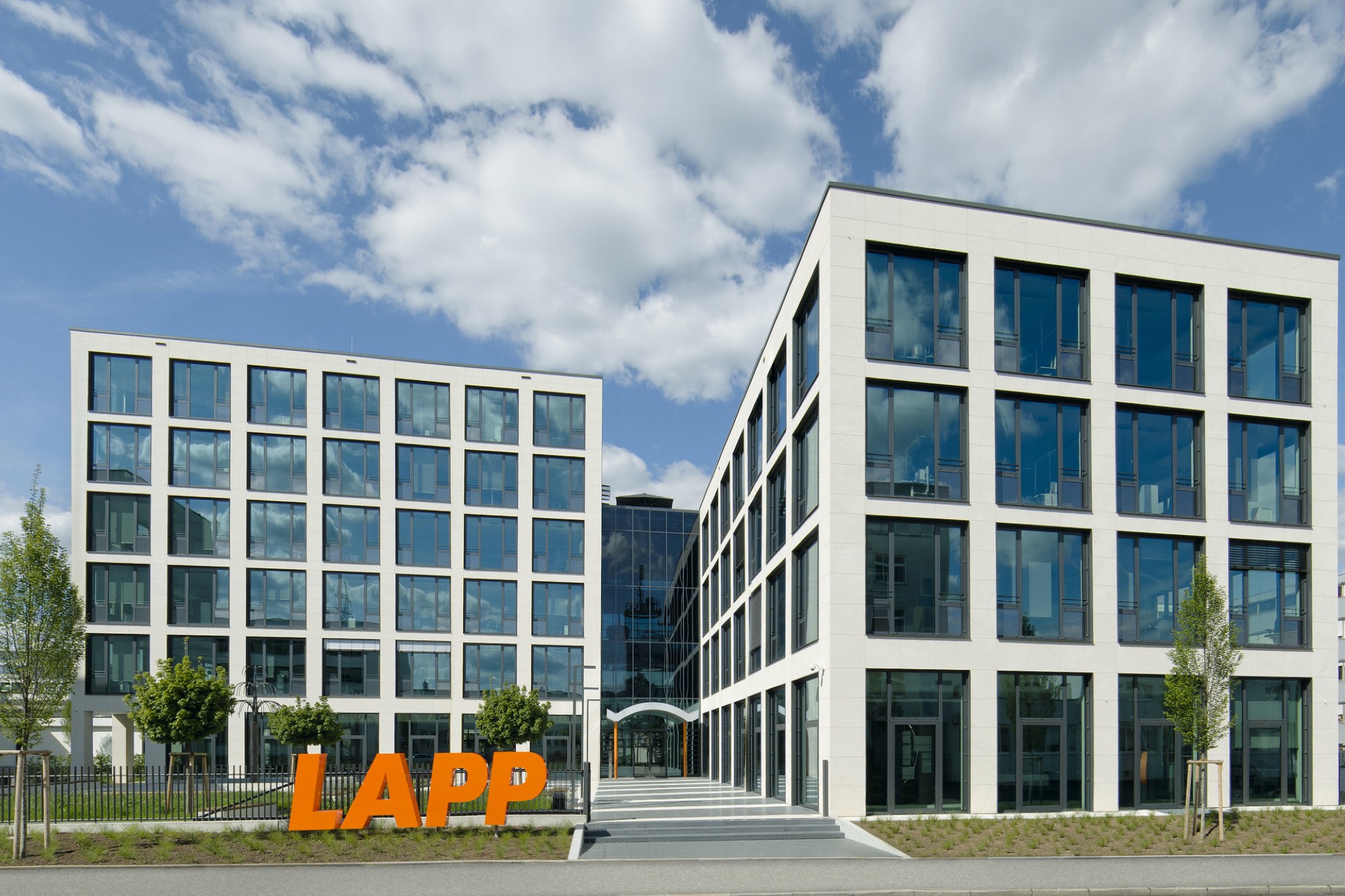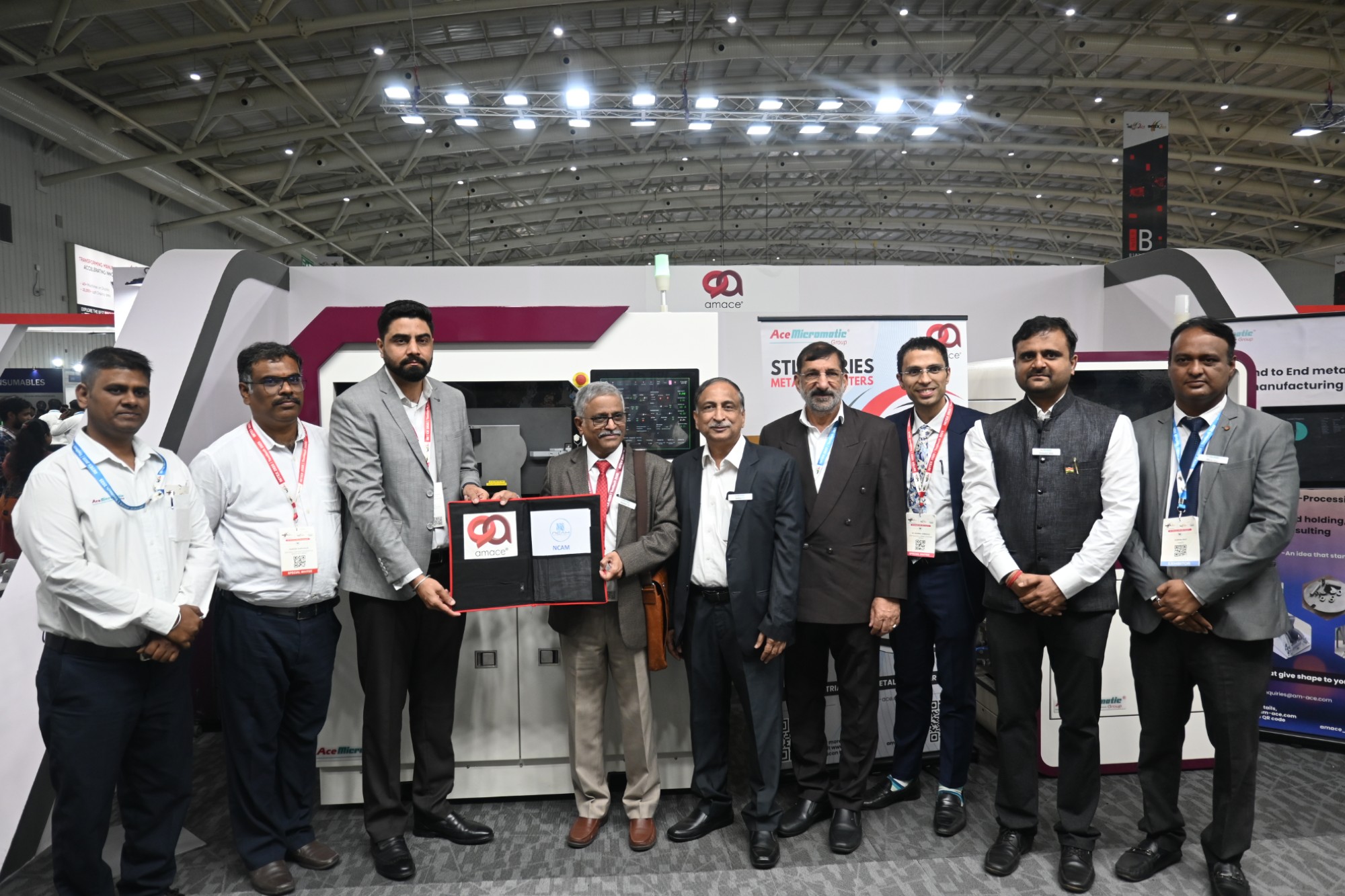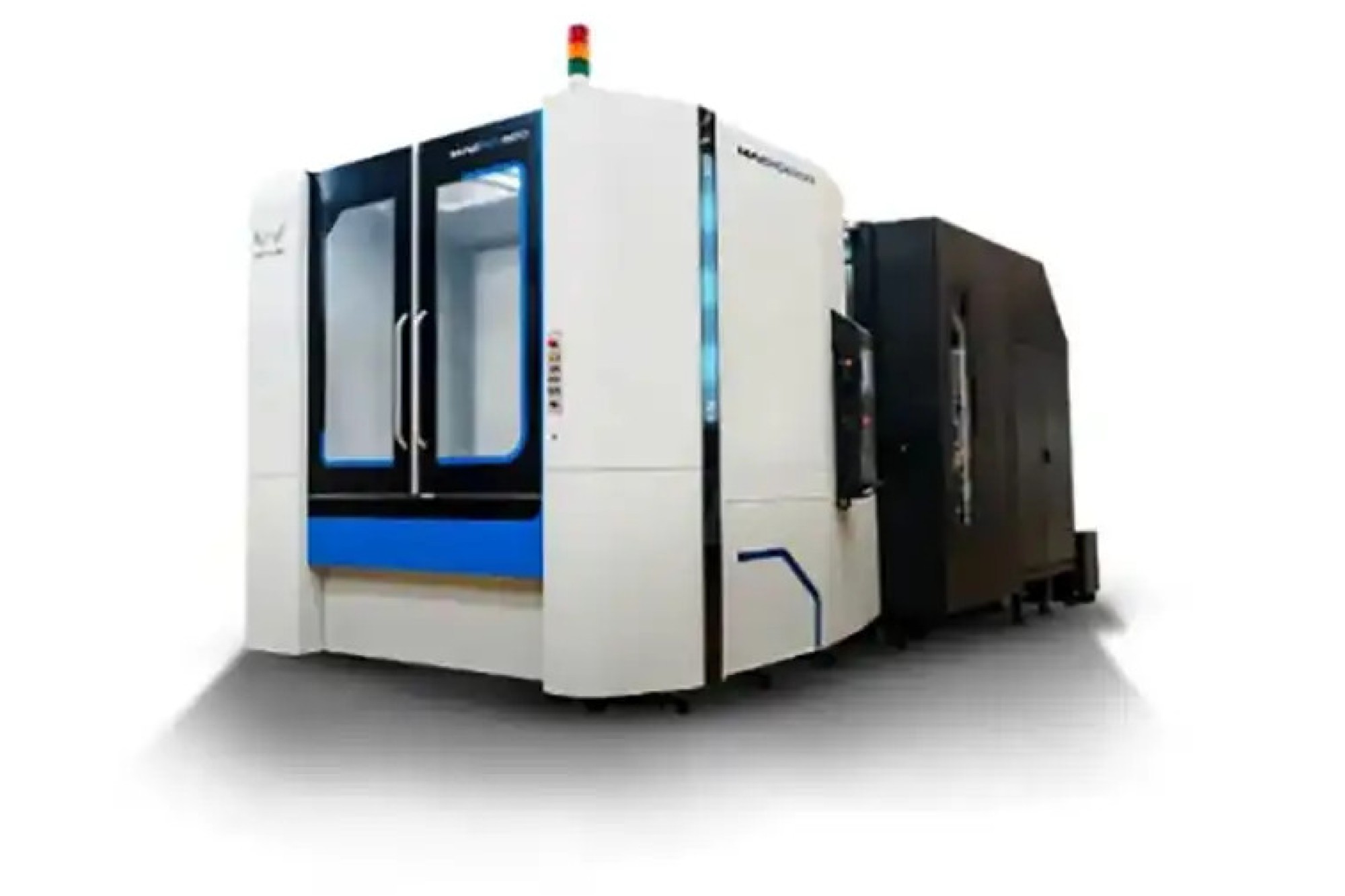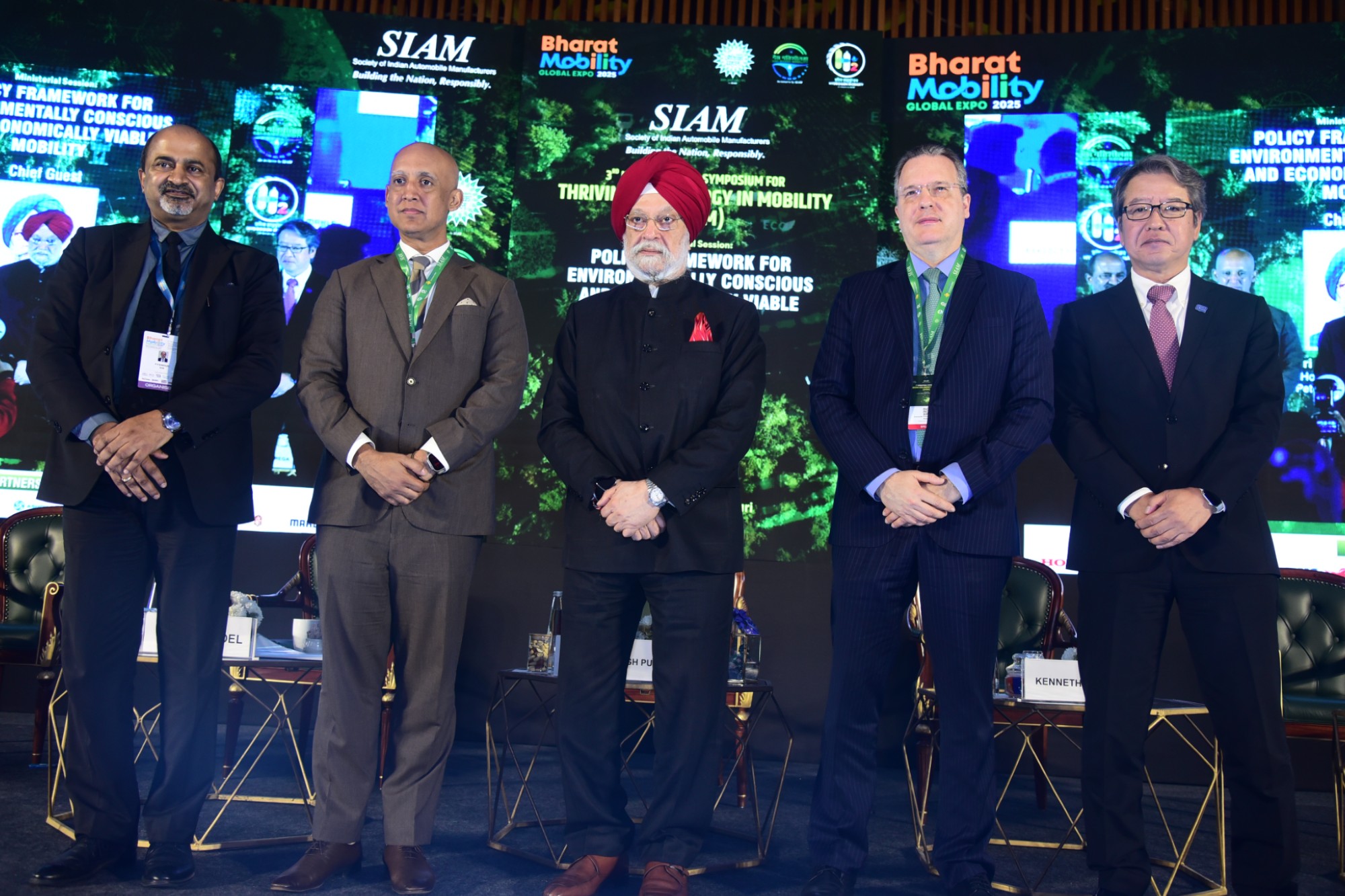10-point action plan to enhance energy efficiency and reduce cost
By OEM Update Editorial December 1, 2022 4:28 pm IST
A new report from the Energy Efficiency Movement shows that improving industrial energy efficiency is the fastest and most effective way for a business to cut energy costs and greenhouse gas emissions.
ABB, one of the leading company in electrification and automation, have published a report on ‘Industrial energy efficiency playbook’ includes 10 actions that a business can take to improve its energy efficiency, reduce energy costs and lower emissions right now. It focuses on mature, widely available technology solutions that will deliver rapid results and ROI and are capable of being deployed at scale.
Sanjeev Sharma, Country Head and Managing Director, ABB India, said, “Energy efficiency is a key driving force in India’s journey to carbon neutrality. While energy consumption continues to increase with economic growth, Indian industries have realised the need to adapt more sustainable cost-effective options for a greener future. As an example, in 10 years ABB’s installed base of motors and drives saved nearly 12 terra-watt hours of electricity, equivalent to 1 percent of India’s annual energy consumption. This 10-point action plan is a blue-print for Indian industries to embark on their energy efficiency journey and walk along the sustainable growth path towards a brighter future.”
In India, JW Marriott Pune cut down on energy losses by 35 percent using ABB’s HVAC cooling tower drives solution. The company’s AI-enabled building management system installed in its country and business office Disha is helping to cut down energy costs by 30 percent with enhanced efficiency.
Its BB’s Slip Power Recovery System (SPRS) has helped Wonder Cement to save up to 15 percent or 1.8 GWh of energy annually equivalent to power consumed by 9000 households per month. The Smart Power factory with industry 5.0, first of its kind links robots, motors and drives to industrial IoT, enhancing productivity by 40 percent in the same space with 15 percent enhanced energy efficiency.
Kevin Lane, senior program manager, energy efficiency, with the International Energy Agency (IEA), said, “Energy efficiency is a win-win for companies and the climate. While industry needs to address climate change on all fronts, such as increasing use of renewable energy, investing in low-carbon processes and developing circular business models, the energy efficiency stands out as the business-focused opportunity with the best near-term prospects for emission reductions. The 10 actions contained in this report are known, cost-effective resources, and can be employed at scale rapidly to help companies convert climate ambition into action.”
[1] The iron, steel, chemical and petrochemical industries are the largest consumers of energy among the world’s top-five energy consuming countries like China, United States, India, Russia and Japan. This energy consumption carries high costs in the current inflationary environment. It was also responsible for nine gigatons of CO2, equal to 45 percent of total direct emissions from end-use sectors in 2021, according to the IEA.Organisations interviewed for the report include ABB, Alfa Laval, DHL Group, the IEA, Microsoft and ETH Zürich, the Swiss federal institute of technology. The contributors’ recommendations range from carrying out energy audits to right-sizing industrial machines that are often too big for the job at hand, which wastes energy. Moving data from on-site servers and into the cloud could help save around 90 percent of the energy consumed by IT systems.[2] Speeding up the transition from fossil fuels, by electrifying industrial fleets, switching gas boilers to heat pumps, or using well-maintained heat exchangers will also offer efficiencies.
Further actions involve installing sensors and real-time digital energy monitoring to reveal the presence of so-called ‘ghost assets’ that use power when on stand-by, unlike a digital twin that can simulate efficiency actions without interrupting production. Using smart building solutions to control power systems, lighting, blinds and heating, ventilation, and air conditioning (HVAC) will also save energy in industrial facilities.
Other recommendations include installing variable speed drives which can improve the energy efficiency of a motor-driven system by up to 30 percent, yielding immediate cost and emissions benefits. If the more than 300 million industrial electric motor-driven systems currently in operation were replaced with optimised, high-efficiency motors, global electricity consumption could be reduced by up to 10 percent.
Tarak Mehta, president, Motion business area at ABB, said, “There are energy efficiency solutions available that can help industry mitigate climate change and drive down energy costs, without compromising performance and productivity. With recent technology advances in energy efficiency, the improvement potential in industry is significant and readily available. So, rather than turning the lights off and halting production to save money, this important new report explains practical steps executives can take to reduce energy use and their bills while maintaining current operations.”
Business leaders and experts wanting to learn more about reducing their energy costs and carbon emissions are invited to join a special panel event that dives deep on the opportunities presented in the report and how to capitalise on them. The event will take place at 4 pm Central European Time / 10 am Eastern on Tuesday, December 13, and will be available afterward as video on demand.
Cookie Consent
We use cookies to personalize your experience. By continuing to visit this website you agree to our Terms & Conditions, Privacy Policy and Cookie Policy.


















